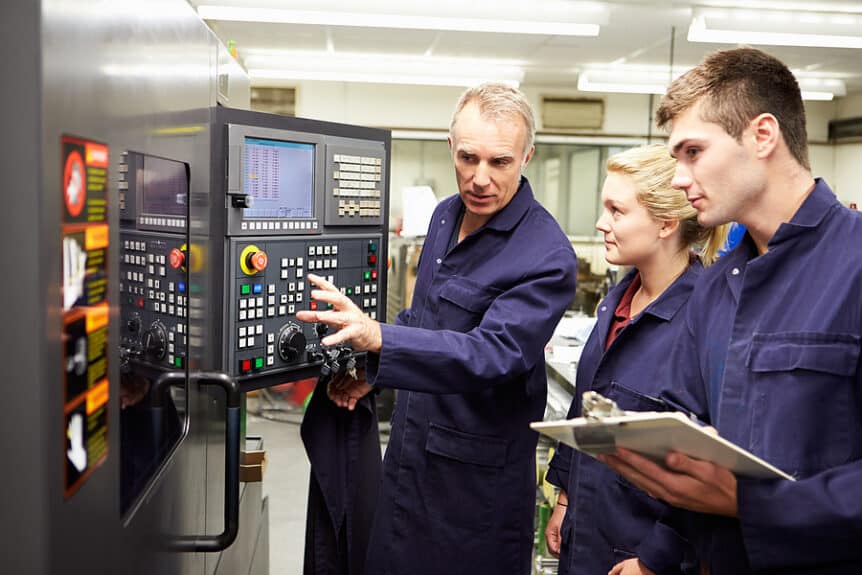There have been a lot of changes in the apprenticeship system that providers and employers have navigated in the last few years for the betterment of the concept as a whole.
However, the announcement that the apprenticeship levy is being dropped entirely has sparked strong reactions and cautious optimism about the scheme that will replace it.
The apprenticeship levy is a tax paid by large employees that creates a funding pot that all businesses (including themselves) benefit from, and for some smaller employers has allowed them to take on people who have become the future of their respective industries.
This is set to change in the future, with the announcement of a growth and skills levy that would replace the existing system, with details set to emerge following the Autumn Budget statement.
It is a significant pivot in the system, which rebalances apprenticeship funding away from longer-term and higher-level apprenticeships and focuses more on younger workers, shorter apprenticeships and priority skills as defined by Skills England.
Whilst divinity is in the details, and it will be impossible to truly predict let alone assess the impact of the growth and skills levy until these details are finalised, the mixed response it has produced from employers and providers is explained through its various effects.
The biggest one is that employers who have master’s degree-level apprentices funded in part through the apprenticeship levy are expected to contribute more towards the education part of the qualification, with the logic that these courses are several years in length and by definition are accessed by older employees with more qualifications and skills.
Ever since the development of the modern apprenticeship system, there have been several major changes, but this could be amongst the biggest if it moves the onus away from cultivating the future of individual industries and towards a central focus on skills in critical demand.


